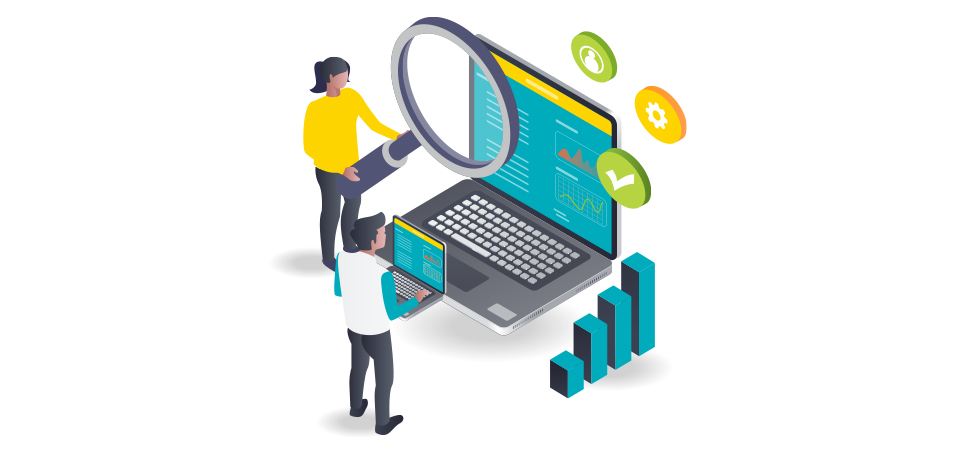Evolving company needs have created new features, platforms, and market opportunities. With today’s ever-growing need to educate customers, partners, and employees, companies need to get up to speed on the platforms available. Recently, I’ve had the same question come up time and again in conversations across the learning industry:
What is the difference between an LMS versus an LXP?
In this article, we’ll go over the key differences between these learning technologies. We’ll also dig into the larger questions you’ll want to consider in your buying journey. As learning technology grows, evolves, and shifts, understanding your organization’s core needs is critical to finding the right solution.
Comparing an LMS and an LXP
Traditionally, a learning management system, or LMS, is used to develop, deliver, track, and manage learning programs. This is common for internal training, like compliance or onboarding. However, an LMS is also a great tool for external customer or partner training programs. Companies use LMSs to deliver large amounts of content to their audiences, scaling their training without stressing capacity and delivering the same experience consistently. In short, they created a process that has been tested and proven for internal compliance.
On the other hand, a learning experience platform, or LXP, is intended to create the best possible front-end learner experience. LXPs allow learners to access training through many different channels, like social media, videos, and more. An LXP is about how the learning experience is presented to the learner – not how content is managed and tracked.
Learning Platforms have Evolved
If you’re comparing LMS vs. LXP, or even considering both, it’s helpful to understand the modern learning technology landscape. The major differentiators for LXP platforms – modern user experience, personalization, self-directed, on-demand content – have more and more become a priority for innovative, external-facing learning platforms.
Make a list of your priorities with your learning program. If you’re considering an LXP solely for those front-end features, it might be worth another look. Today, LMS platforms are adopting similar features on top of robust reporting and management tools.
Flexibility within a platform will ultimately give your user the best possible experience. In other words, it doesn’t just come down to LMS vs. LXP. Envision your ideal end result, and big-picture impact for your organization. Is your goal completely about the learner experience – content playlists, personalization, and the look and feel of the program? Or do you also need best-in-class reporting, seamless integrations, and scalability for your business?
LXPs are certainly more focused on UX, purpose-built for access and engagement. That includes more leeway for creative and interactive content to keep the learner engaged. LMS platforms, on the other hand, are rapidly catching up when it comes to engagement and UX features.
In other words, if you’re debating between an LMS or an LXP – you might be asking the wrong question.
Start with your long-term business objectives, then consider how technology can support those goals – whether with seamless integrations, complete customization potential, or endless scalability. No matter the category of a learning solution, there are degrees of specialty, complexity, and right fit for your business.
How Headless LMS Delivers Ultimate Flexibility
One key defining feature of the LXP is how easily “extensible” they are, meaning their functionality is easily integrated with other tools so that learning becomes more multi-channel. In today’s digital world, this is becoming a table stakes need for most businesses with any content or training experience. Taking into account your full tech stack to power your training is a perfect way to better engage learners or ensure your training is happening in the flow of the work.
However, if integration is a key business need on your vendor shopping list, keep your eye on the modern headless LMS solution. At Thought Industries, our most recent headless innovation is completely focused on extensibility, customization, and flexibility. Helium, our headless LMS solution, combines the benefits of robust managed back-end services with the freedom to build custom integrations and achieve complete creative freedom with the front end of your learning experience.
Finding the Right Technology Fit
In summary, companies use LXPs to deliver an engaging learning experience to increase product knowledge and adoption. However, alongside the rise of LXPs, the LMS market has become more innovative and robust to keep up with those training needs.
With a headless LMS, you may find the best of both worlds when it comes to complex integration and content management on top of a best-in-class front-end experience.
Get in touch today to see if the Thought Industries enterprise learning platform can meet your needs – schedule a demo now.


